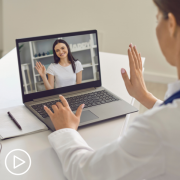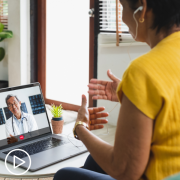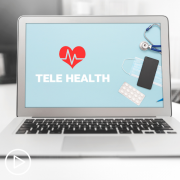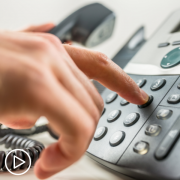How MPN Patients Can Best Prepare for a Telemedicine Visit
How MPN Patients Can Best Prepare for a Telemedicine Visit from Patient Empowerment Network on Vimeo.
What are some ways that myeloproliferative neoplasm (MPN) patients can best prepare for telemedicine visits? Lisa Hatfield shares information about telemedicine, and MPN patient Summer Golden and care partner Jeff Bushnell share their tips for telemedicine best practices.
See More from MPN TelemEDucation
Related Resources:

Pros and Cons of Telemedicine From an MPN Patient Perspective |
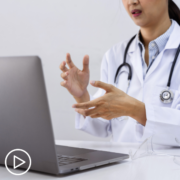
|

|
Transcript:
Lisa Hatfield:
After the extensive use of it during the COVID-19 pandemic, it seems like telemedicine will be here to stay. It’s another technological advantage that people living with MPNs can put in their toolbox. Since MPNs are classified as a rare disease, and there might be a lack of doctors knowledgeable on how to treat it near you, telemedicine has made it easier to connect with MPN specialists via online consults. Telemedicine can include video or audio only, and you should receive instructions how to set up and what to expect prior to your appointment.
Listen as MPN patient, Jeff Bushnell and his care partner, Summer Golden, share how they prepare for telemedicine visits
Summer Golden and Jeff Bushnell:
A top tip I think, it’s sort of logical, but is to have the questions and issues written out because it’s a limited matter of time and to specifically jot down the answers. Another tip would be to ensure that you have the appropriate stuff on whatever device you’re using to talk to the doctor on. We’ve used about three or four different apps, as it were, on our phone to communicate with different doctors, and you need to make sure that that works ahead of time.
Usually, the way they do it is they set up the appointment, they contact you ahead of time, and make sure that it’s going to work before they put the doctor online. But that’s very important that you have the technical ability to ensure that your equipment can support telemedicine. They’re making it pretty easy, but you still have to do it.
Lisa Hatfield:
Follow these two tips from Summer and Jeff as part of what YOU do to be ready for your next telemedicine visit. If you are having trouble with the technology needed for telemedicine, be sure to reach out to your doctor, nurse, or care partner for assistance.
Share Your Feedback
Create your own user feedback survey


